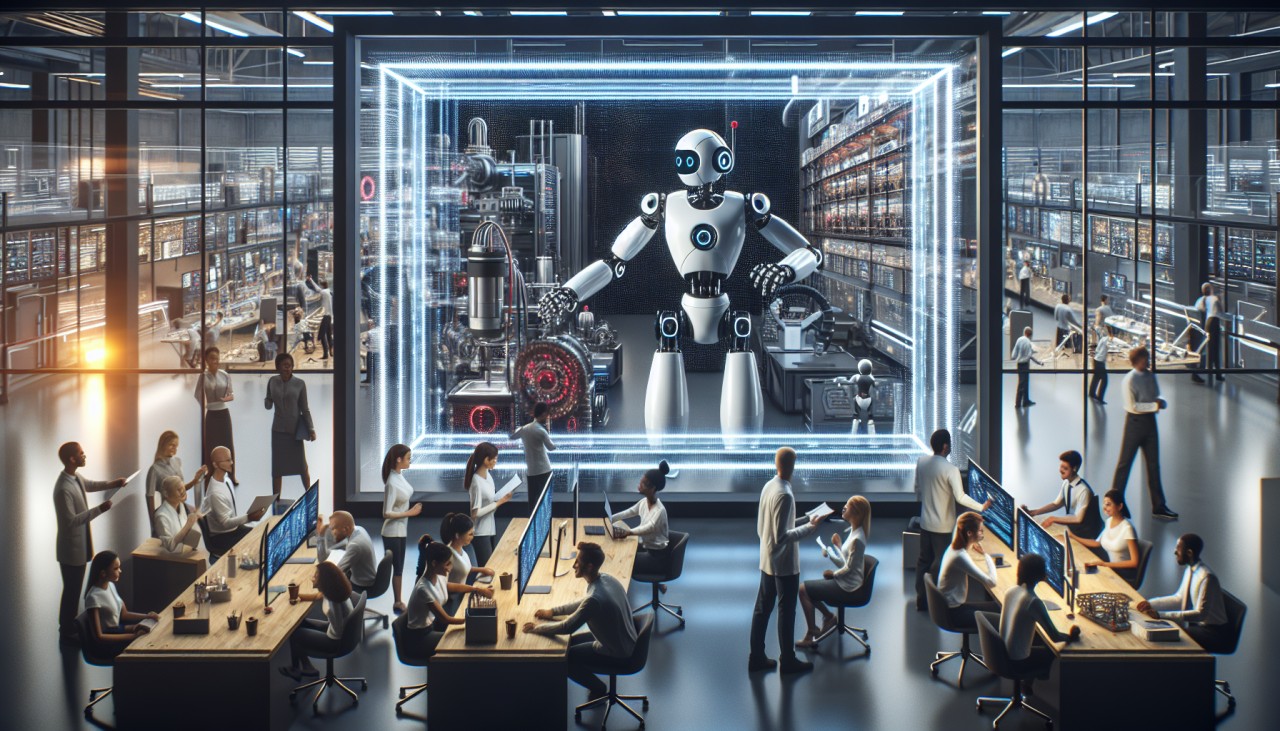Agentic AI represents a significant advancement in artificial intelligence, moving beyond traditional reactive systems to autonomous agents capable of independent decision-making and action. Unlike earlier AI models that required explicit human instructions, agentic AI systems can set goals, plan, and execute tasks with minimal human intervention. This autonomy allows them to adapt to dynamic environments, process complex data, and solve multi-step problems efficiently. For instance, in customer service, agentic AI can not only respond to inquiries but also anticipate customer needs, personalize interactions, and make real-time decisions, thereby enhancing customer engagement and satisfaction. blogs.nvidia.com
The applications of agentic AI are vast and growing across various sectors. In healthcare, these systems assist in diagnosing diseases, recommending treatments, and managing patient care plans by analyzing medical records and research data. In finance, agentic AI algorithms can execute trades, manage portfolios, and assess credit risks swiftly, enabling rapid responses to market changes. Additionally, industries like manufacturing and logistics benefit from autonomous robots that adapt in real-time to optimize operations and improve efficiency. However, the rise of agentic AI also brings challenges, including ethical considerations, the need for transparency, and the importance of maintaining human oversight to ensure responsible deployment. crowdstrike.com
Key Takeaways
- Agentic AI enables autonomous decision-making and task execution without human intervention.
- Applications span healthcare, finance, manufacturing, and logistics, enhancing efficiency and innovation.
- Ethical considerations and human oversight are crucial for responsible deployment of agentic AI.
